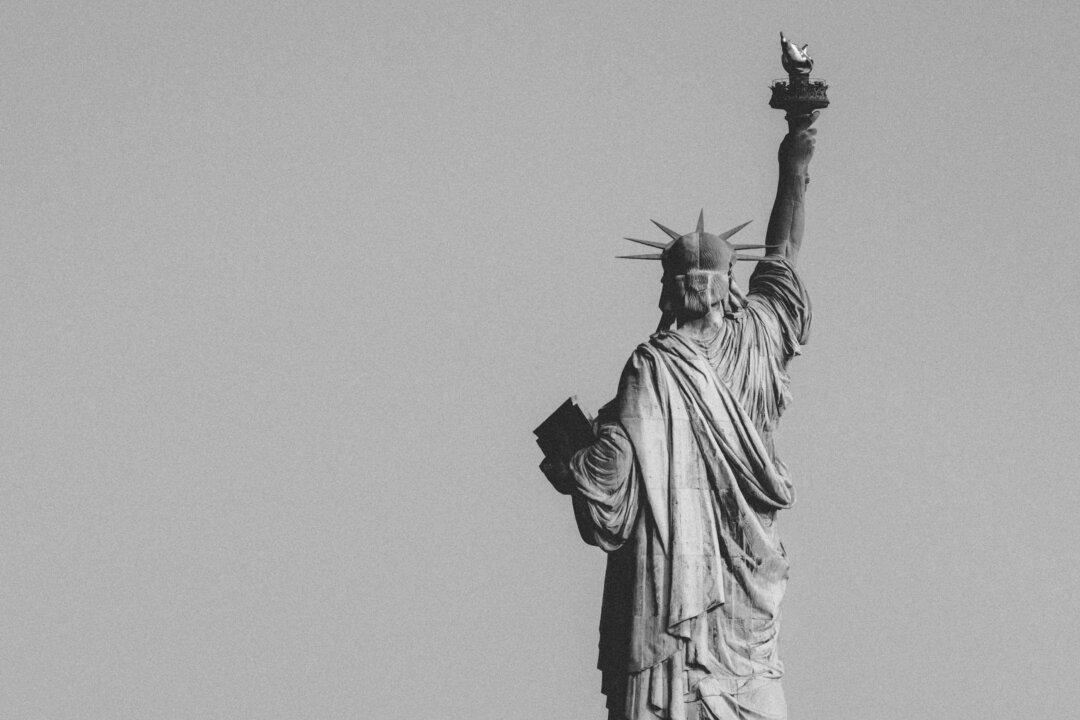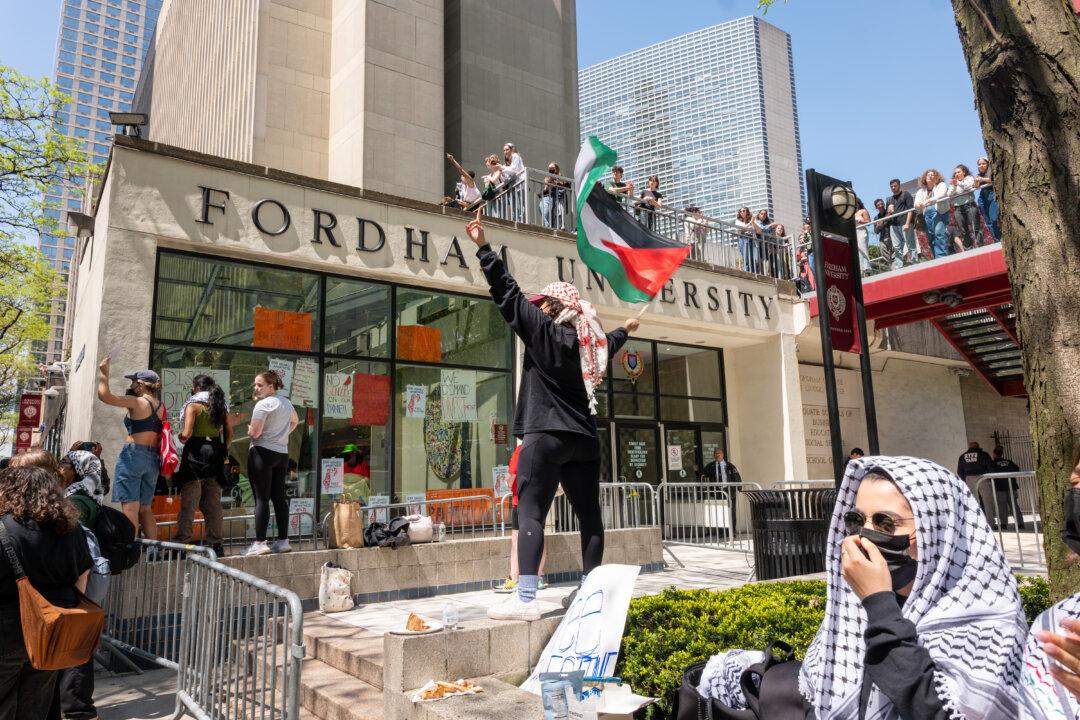Commentary
New Mexico Gov. Michelle Lujan Grisham on Sept. 8 created a firestorm with an executive order suspending for 30 days the right to concealed or open carry of a firearm in Bernalillo County (where Albuquerque, the state’s most populated city, is located).





